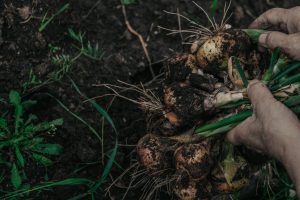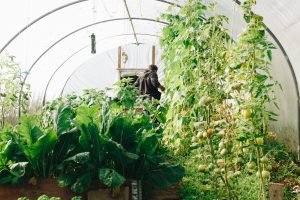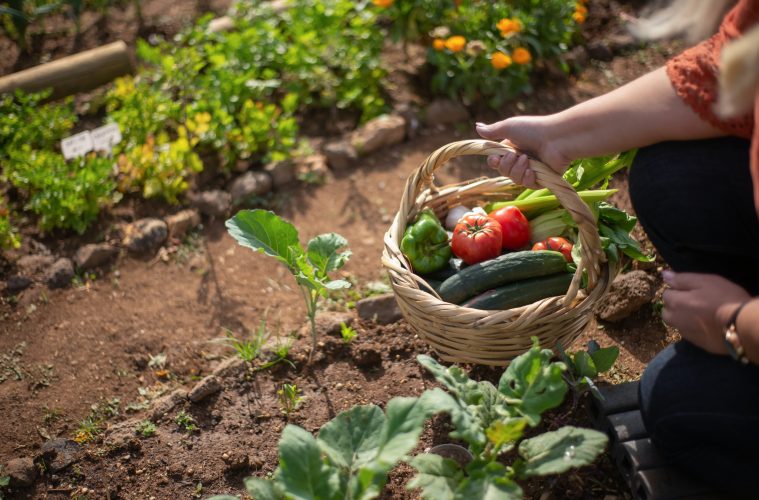As spring breathes new life into the world, garden enthusiasts eagerly turn their attention to their vegetable gardens. There’s something profoundly satisfying about nurturing your own crops, and for those who desire a more productive yield, there are techniques that can significantly boost your gardening success.
Whether you’re a seasoned gardener or a novice, these five techniques can help you make the most of your vegetable garden:
Crop rotation
One of the oldest and most effective techniques for a more productive vegetable garden is crop rotation. By changing the location of your crops each season, you reduce the risk of soil-borne diseases and pests that can build up in one area. It also ensures that the soil maintains a balanced nutrient profile, as different crops have varying nutrient requirements.
Soil health and fertilisation
Healthy soil is the cornerstone of a thriving garden. Regularly testing your soil’s pH and nutrient levels will help you understand what your garden needs. Adding organic matter, such as compost or well-rotted manure, can improve soil structure and fertility. Consider using natural fertilisers to provide essential nutrients to your plants without harming the environment.

Unsplash
ALSO SEE: THE BEST COMPANION PLANTS FOR TOMATOES
Companion planting
Companion planting is like nature’s harmony in your garden. By strategically placing compatible plants near each other, you can deter pests, improve pollination, and boost yields. For example, marigolds can repel aphids and nematodes, while basil can enhance the flavour and growth of tomatoes. Research and experiment with companion planting to create a more symbiotic garden ecosystem.
Drip irrigation
Water is a precious resource, and efficient watering is vital for a productive vegetable garden. Drip irrigation systems deliver water directly to the base of your plants, reducing water wastage and the risk of fungal diseases. This method also helps maintain consistent moisture levels in the soil, promoting healthier root growth and better yields.

Pexels
Pruning and training
Don’t overlook the importance of pruning and training your plants. Some vegetables, like tomatoes and cucumbers, benefit from being pruned to improve air circulation and prevent disease. Use trellises, stakes, or cages to support vining plants, keeping fruits off the ground and making harvesting easier.
A more productive vegetable garden is within your reach with these five essential techniques. Experiment with these methods and adapt them to your specific garden’s needs. With dedication and a little green-thumb magic, you’ll soon be enjoying a bountiful harvest and the satisfaction of growing your own delicious and nutritious vegetables.
Feature image: Pexels


